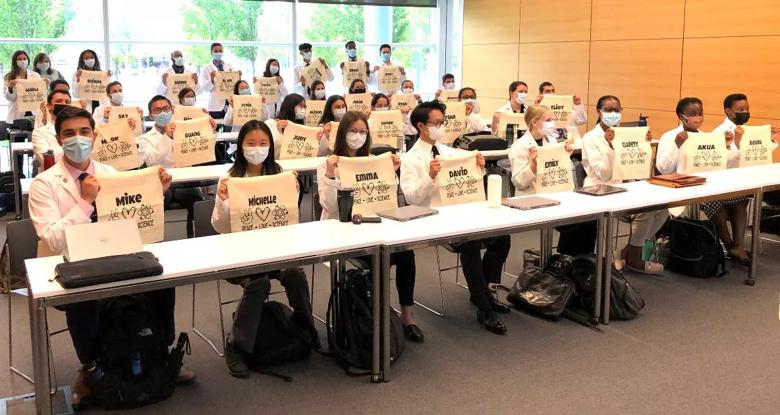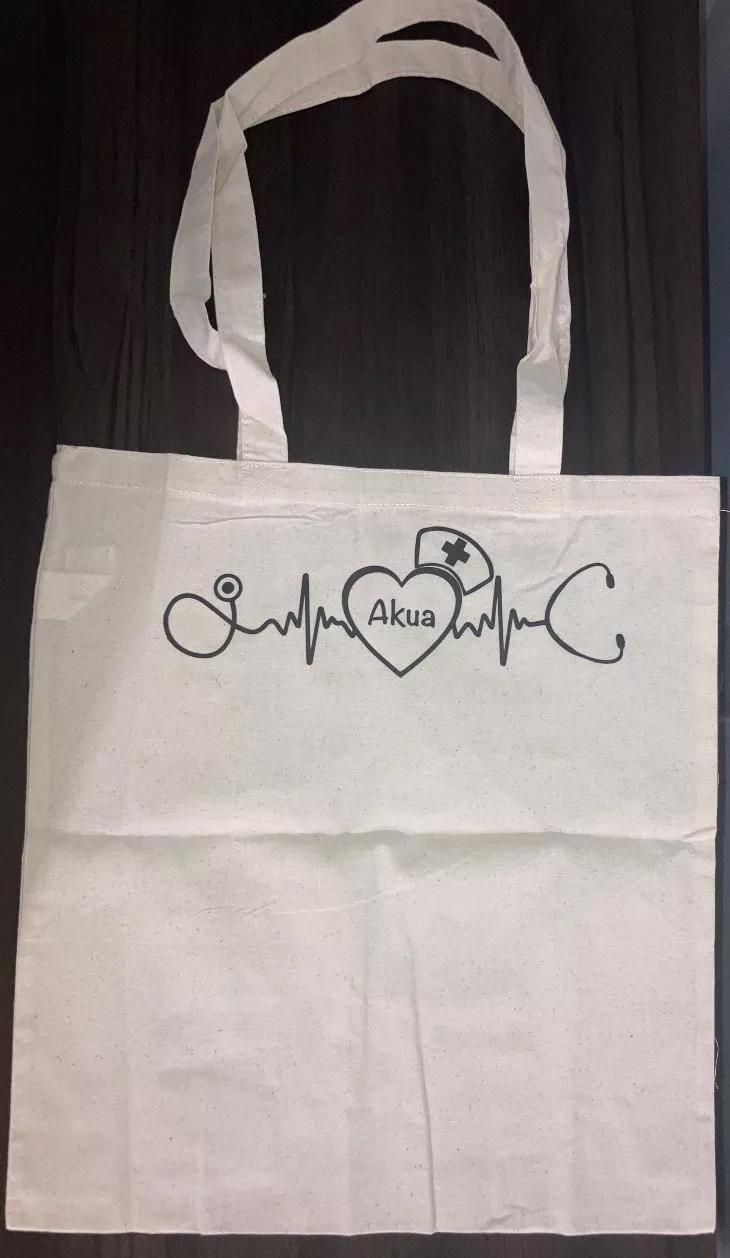
Patients don’t often participate in a classroom session, but Angelique Cogar and her 17-year-old daughter Lexi have been coming to the Fundamentals of Molecular Medicine class for years to share with first-year students their experience living with an ion channel disease.
Ion channel diseases are linked to defects in proteins, and people with one of these diseases can suffer from a variety of complications including changes in pain sensitivity, altered control and coordination of muscle function, and increased risk of cardiac arrhythmias.
During a recent classroom session, David Van Wagoner, PhD, Associate Professor of Molecular Medicine, and Mina Chung, MD, Professor of Medicine, discussed ion channels and the complications caused by mutations. They then introduced Angelique and Lexi, both of whom share the same genetic mutation, which, in this case, affects the heart.
Katy Beshears (‘27) recalls Angelique’s story of being a teenage girl and having her doctors minimize her symptoms, which prolonged the time it took to get a proper diagnosis.
“She felt that her young age and gender caused the physicians to assume she was seeking attention or that perhaps she had a psychiatric disorder. She stressed to us that we should always listen to our patients and assume they are telling the truth. Her story inspired me to want to be that type of physician for my patients,” says Katy.
Akua Abrah (‘27) was struck by Angelique and Lexi’s aversion to learning more about their condition and the trust they place in Drs. Chung and Van Wagoner to make the best decisions for them.
“They said that it frightened them, so the less they knew, the better for them. One of the things that I look forward to in my medical training and future practice is helping to educate my patients on their illnesses so that they can make informed decisions.
“In Angelique’s and Lexi’s case, however, they placed much of that responsibility in the hands of their physician,” says Akua. “This demonstrates that we as physicians must be respectful of our patients’ wishes about how much or how little they would like to know about their condition.”
Alana Majors, PhD, Assistant Professor of Molecular Medicine, directs the Fundamentals of Molecular Medicine class. “This patient and her daughter have been coming to this session for years, and they really enjoy interacting with the medical students,” says Dr. Majors. “It’s one of my favorite sessions.”
In appreciation, the students presented Angelique and Lexi with a blanket sporting a photo of their dogs. The photo was captured from the slide presentation Angelique prepared for the students.
Each year, Angelique and Lexi present the students with a gift. This year, their gift was a personalized tote bag that they partially designed. Katy, who plans to use hers as a beach bag or to carry her yoga mat, says, “I’ll always think of the patient and her daughter whenever I use the tote.”
While the students were grateful for the tote bag, the best gift was having Angelique and Lexi share their experience. “It’s always valuable to hear patients’ perspectives of their conditions and of the care that they receive because it can lead to improvement in our medical practice and delivery,” says Akua.

Image content: This image is available to view online.
View image online (https://assets.clevelandclinic.org/transform/99e69137-28fa-47be-b365-f358c09a6021/Bags-for-class-2_jpg)

Image content: This image is available to view online.
View image online (https://assets.clevelandclinic.org/transform/a4e62f0a-4833-4d93-b71b-d3cd97bf79cf/Bag-back-2_jpg)

Image content: This image is available to view online.
View image online (https://assets.clevelandclinic.org/transform/71190783-dcf8-4e95-af59-edbac50edf37/Blanket-Picture-2_jpg)